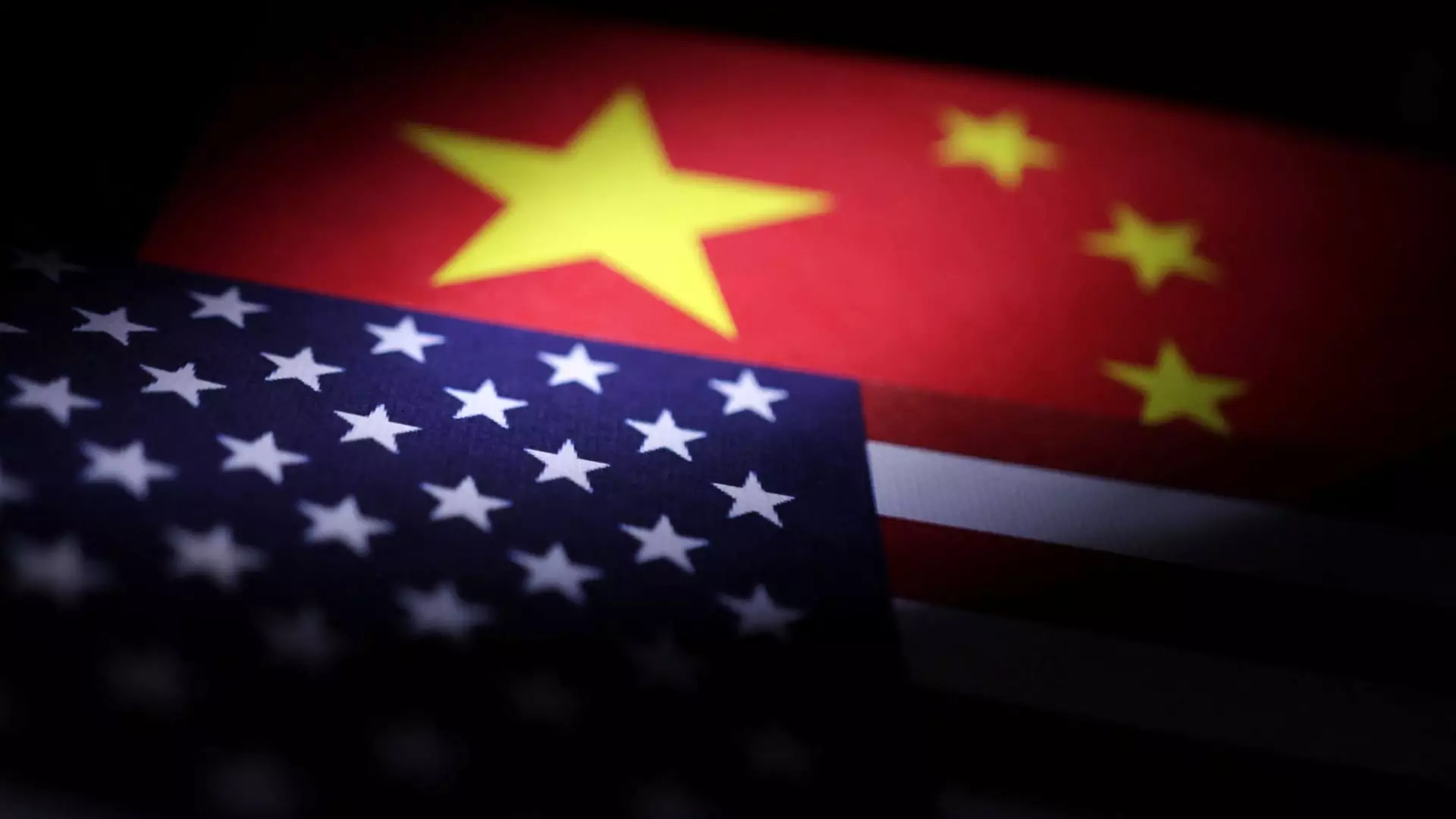The ongoing trade war between the United States and China seems to be entering a perilous new phase, as Beijing has issued stern warnings about targeting countries that align themselves too closely with U.S. interests. This development underscores the notion that the stakes are increasingly high, not just for the two dominant economies, but for every nation caught in the crossfire. Washington’s aggressive tariff measures, now at an astonishing 145% on certain goods from China, signal a shift in the global economic landscape that is fraught with danger.
China’s vociferous opposition to what it labels “unilateral bullying” is a rallying cry for nations that feel threatened by the hegemony of the U.S. economy. The Chinese Ministry of Commerce has made it clear: any agreement reached at China’s expense will not be tolerated. This blatant assertion of defiance seeks to galvanize support from other countries, potentially preparing them for a collective stand against U.S. economic coercion. In this chess game of geopolitics, the repercussions could ripple through the international trade community, drawing unsuspecting allies and foes into a battlefield fraught with economic consequences.
Heightened Risks for Global Trade
Beijing’s recent threats raise questions about the stability of international trade, which could devolve into what some analysts term the “law of the jungle.” In such a scenario, the cost of cooperation with the U.S. might prove to be disastrous for countries that do not read the shifting tides of international relations accurately. This precarious position places countries in a bind, as they must balance their economic dependencies while navigating the treacherous waters of global politics.
The implementation of oppressive tariffs can distort trade relations and undermine the principles of fair competition. It encourages countries to either stand in solidarity with the U.S. or face the might of China’s retaliatory measures. The geopolitical choreography that ensues thus places innocent third-party nations — some of which rely heavily on trade with both superpowers — in a precarious position where they may feel compelled to choose sides.
A Pivot Toward Southeast Asia
In this context, it is noteworthy that China’s trade strategy has increasingly gravitated toward Southeast Asia amid rising tensions with the U.S. By forging closer economic ties with neighboring countries, China aims to capitalize on an emerging partnership that could offer a counterweight to U.S. influence. Such reorientation not only bolsters China’s economic foundations but also creates a potential bloc of nations willing to challenge American tariffs.
This strategic pivot underscores the dynamic nature of global trade networks, where countries that might have once been peripheral players could suddenly find themselves at the forefront of a new economic alliance. President Xi Jinping’s recent diplomatic visits to Vietnam, Malaysia, and Cambodia serve as a powerful reminder of China’s willingness to foster relationships built on mutual economic interests.
Impacts on International Relations
The trade tussle instigated by the U.S. administration ultimately highlights a broader crisis of international cooperation. If nations begin to align themselves based on fear of retaliation rather than mutual benefit, the collaborative spirit of global trade, which has been cultivated over decades, may be irrevocably undermined. The challenge for global leaders will be to navigate this complex and changing landscape in a way that promotes equity and fairness, rather than contributing to a divide-and-conquer mentality that erases the fundamental tenets of cooperation.
As the world watches, the actions taken in the coming weeks will likely set significant precedents. The urgency of the matter demands a reflective yet decisive stance from global leaders, lest we tumble into a new era of economic hostility that benefits no one.

